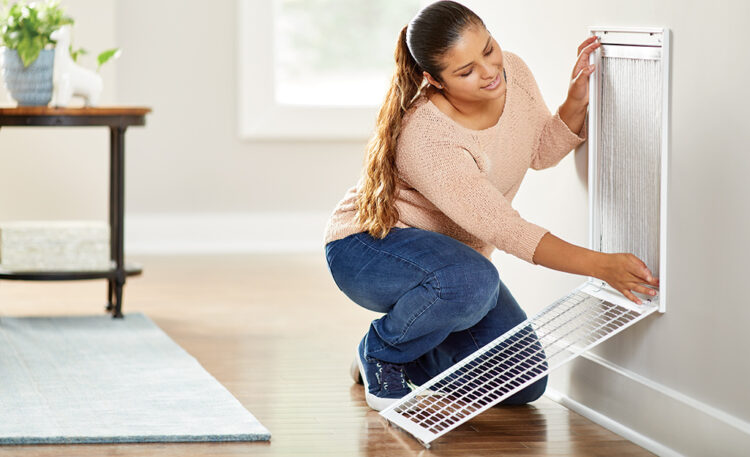When it comes to buying air filters, there are several important considerations to keep in mind to ensure you select the right one for your specific needs. Air filters play a crucial role in improving indoor air quality, whether in a home, office, or industrial setting. Here are some tips to help you make an informed decision when purchasing air filters:
Price vs. Performance: Don’t solely base your decision on the price of the air filter. While budget considerations are important, remember that cheaper filters may not provide the same level of filtration or lifespan as more expensive ones. Weigh the long-term benefits and performance against the initial cost.
Consider Brand and Reviews: Reputable brands often offer better-quality air filters that meet industry standards. It’s a good idea to read reviews and seek recommendations to find filters that have a track record of performance and customer satisfaction. Online reviews and expert opinions can provide valuable insights.
Check the Filter’s Maintenance Requirements: Some air filters require more maintenance than others. HEPA filters, for example, need regular replacement, while electrostatic filters can be cleaned and reused. Consider your willingness and ability to perform the necessary maintenance when choosing a filter type.
Energy Efficiency: Certain 16x20x1 air filters can increase the energy consumption of your HVAC system because they restrict airflow. Look for air filters that strike a balance between filtration efficiency and maintaining proper airflow, as this can help you save on energy costs.
Filter replacement: Regular maintenance is essential for the effectiveness of your air filter. Find out how often the filter needs to be replaced or cleaned. Some filters are washable and reusable, while others require replacement every few months. Consider the ongoing cost of filter replacements when making your purchase.
Additional features: Some air filters come with additional features, such as smart capabilities, air quality sensors, timer settings, and remote controls. These features can enhance convenience and control, but they may also increase the price. Evaluate whether these extras are important to you and align with your budget.
Noise Levels: Some air filters, particularly electrostatic or electronic filters, can generate noise during operation. If noise is a concern in your home, consider filters designed to operate quietly or opt for mechanical filters with low noise levels.
Brand Reputation and Reviews: Research reputable brands with a history of producing high-quality air filters. Reading customer reviews and consulting experts’ opinions can provide valuable insights into the performance and reliability of different filter brands and models.
Check the MERV Rating: Minimum Efficiency Reporting Value (MERV) is a rating system that indicates how well an air filter can capture particles. Filters with higher MERV ratings can trap smaller particles and are more effective at improving air quality. However, higher MERV filters may reduce airflow, so it’s essential to balance filtration efficiency with system compatibility.
Consider the Filter Size: Air filters come in various sizes to fit different HVAC systems or air purifiers. Before purchasing, measure your current filter or check your system’s specifications to ensure you buy the correct size. A filter that doesn’t fit properly won’t be effective in filtering the air.
Environmental Considerations: Some air filters are more environmentally friendly than others. Look for filters with recyclable materials or consider reusable options to reduce waste. Additionally, some filters may contain chemicals or coatings that release pollutants into the air. Research the materials used in the filter and any potential off-gassing concerns.
Filter Lifespan: Different air filters have varying lifespans. Some need replacement every 30 days, while others can last up to six months or even a year. Consider the maintenance requirements and cost of replacement when choosing a filter. Longer-lasting filters may cost more upfront but can be more cost-effective in the long run.
In conclusion, buying air filters requires careful consideration of your specific needs, the type of filter, its efficiency, size, maintenance requirements, and price. Taking the time to research and select the right air filter can lead to better indoor air quality and a healthier living or working environment.




